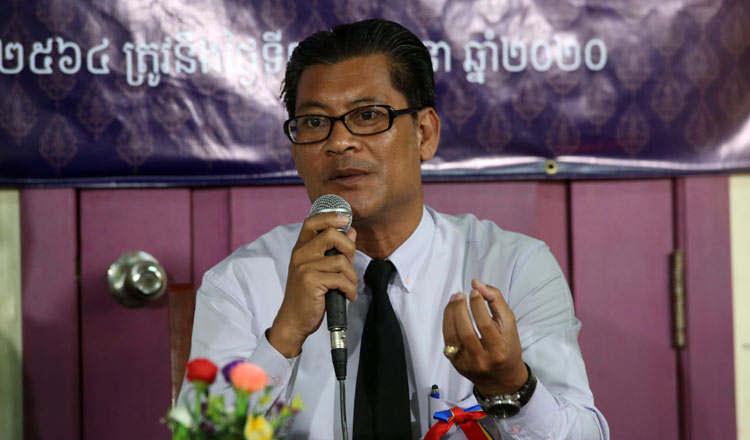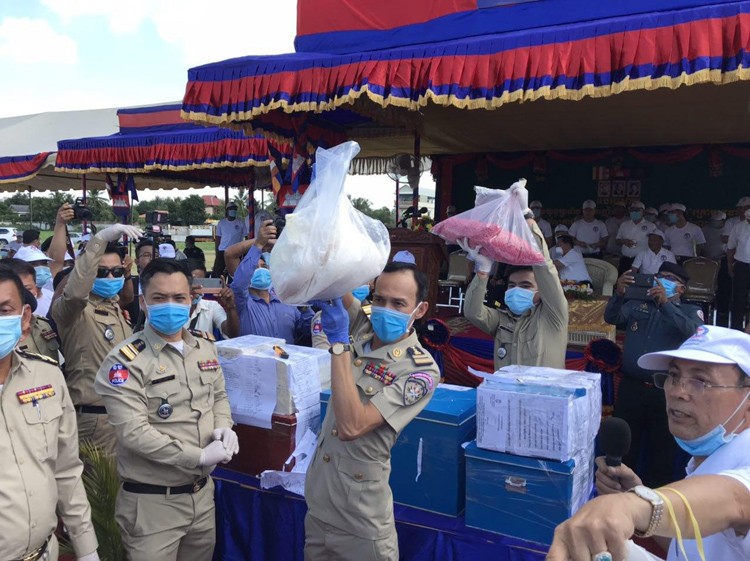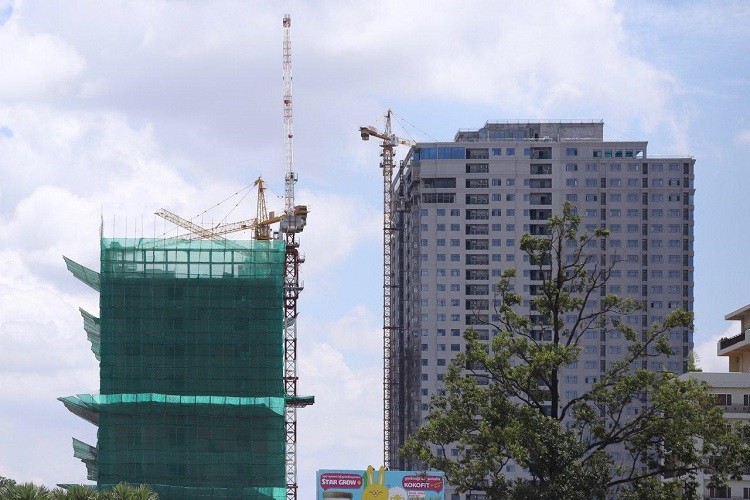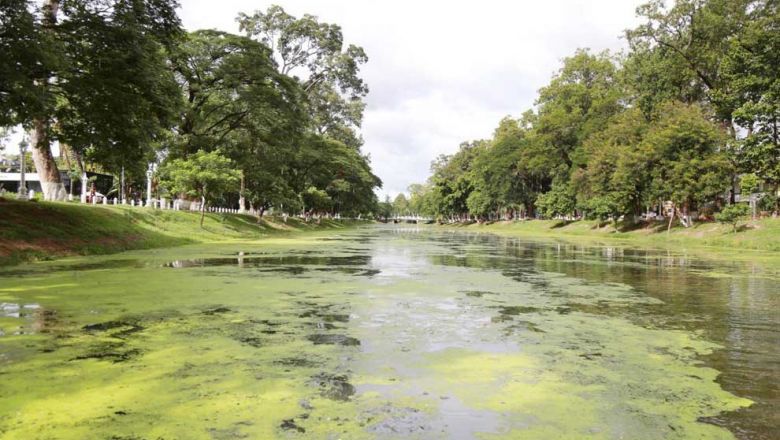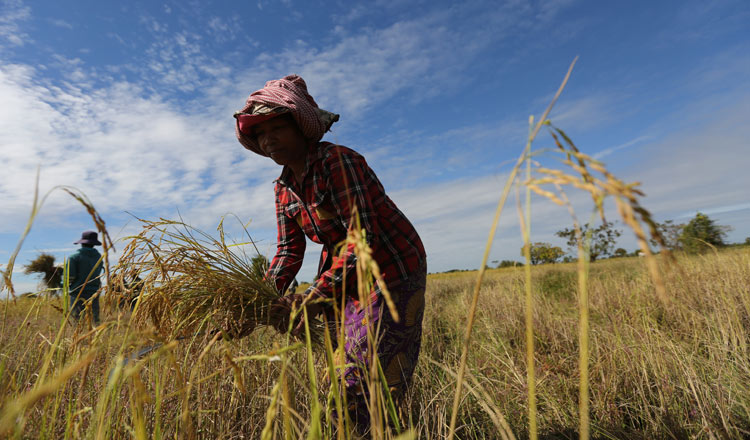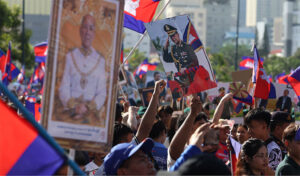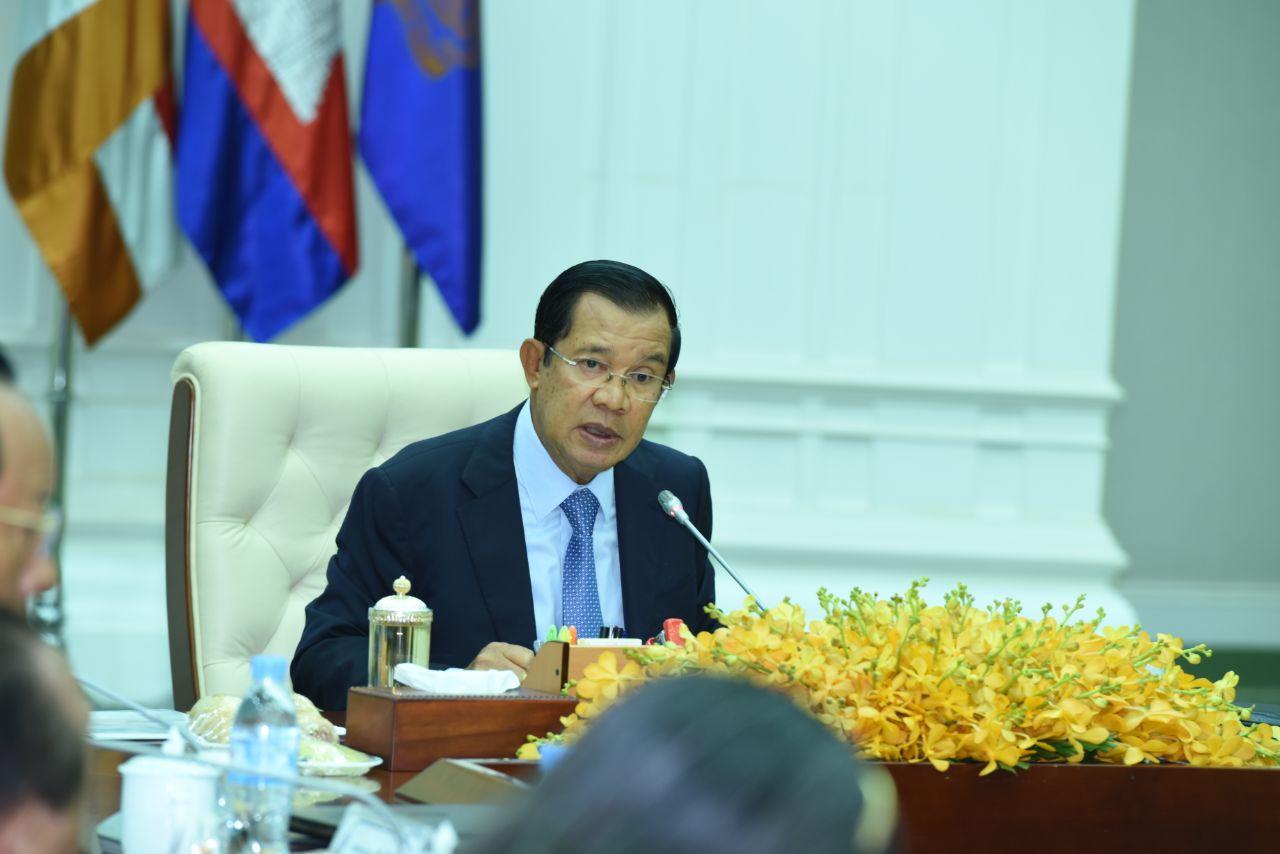Khmer Krom enjoying improved access to education
Khmer Kampuchea Krom for Human Rights and Development Association said that while Khmer communities living in the southwestern region of Vietnam are enjoying improved access to education, their freedom to exercise certain rights remains limited.
The statement was made yesterday during the “Human Rights Situation of Khmer Krom” forum held at the KKKHRDA headquarters in the capital’s Por Senchey district, marking 71 years since the French secession of Kampuchea Krom to Vietnam.
KKKHRDA secretary-general Son Chum Chuon said findings from research conducted in five of Vietnam’s 21 provinces where Khmer Krom live, revealed that Khmer communities still face challenges such as land management and restrictions on their right to freedom of expression.
“I would like to raise a point regarding the people’s right to express themselves on social media. We found that the laws of Vietnam have many restrictions, with Facebook posts and comments of the Khmer Krom people monitored or censored. Although their comments were meant to voice opinions regarding social development and not to criticise Vietnam, they were still called by authorities and asked to sign a contract prohibiting them from posting such comments and even to stop using social media,” said Mr Chum Chuon.
Regarding their right to education, he said the situation in said communities has improved as schools have been opened at Buddhist temples for monks and the Khmer Krom people. The instruction of Khmer language and culture has also been taught in general education schools located in areas where the Khmer Krom people reside.
However, Mr Chum Chuon said the Khmer language textbooks prepared by the Vietnamese Education Commission contained some spelling errors and education on Khmer culture bore some shortcomings.
“The practice of Khmer culture in Khmer Krom communities seems to be more prominent now compared with how it was in the 70s and 90s. This includes the wearing of traditional Khmer clothing during the celebrations of Kathen Festival, Khmer New Year, Water Festival and Pchum Ben,” he added.
Venerable Chao Ren, head of the Union of the Khmer Kampuchea Krom Buddhist Monk Association, said pagodas in the region have likewise seen some progress as more Khmer Krom monks and peoples are afforded increased opportunities to receive education and are no longer facing restrictions from Vietnamese authorities.
The students, he said, have been studying Khmer literature and the Pali language to maintain the identity of the Khmer Kampuchea Krom people.
“Schools were finally allowed to open in pagodas and at some Kampuchea Krom provinces – something which never happened when I was young,” said Ven Ren.
Government Spokesperson Unit chairman Phay Siphan and representatives of the Vietnamese Embassy in Cambodia could not be reached for comments yesterday.
Credited: Khmer Times

